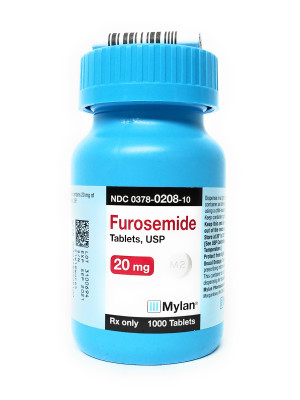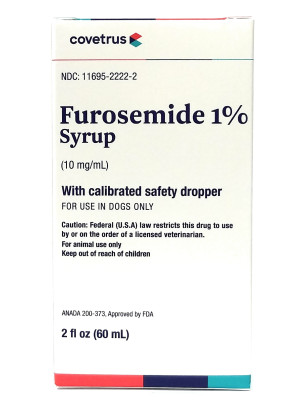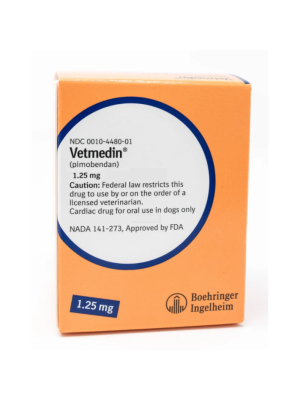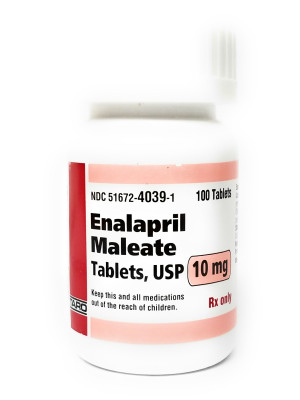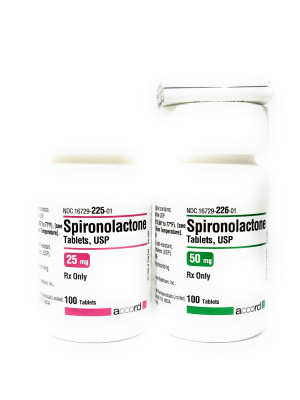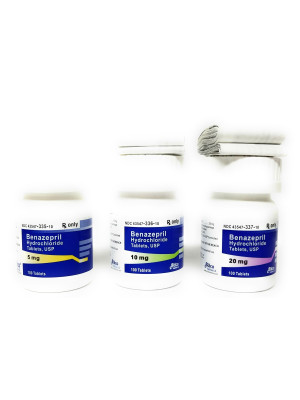The importance of early detection is only matched in importance by the correct treatments to support a healthy heart for your pet.
Diet, exercise, prescriptions and supplements make for the prefect treatment plan.
Diet:
New research is showing that proper nutrition may be able to slow the progression of heart disease, minimize the number of medications required, improve the quality of life or, in rare cases, actually cure the disease.
The issue of your pet's weight is often a key factor in treating heart disease. Being either too skinny or overweight can interfere with supporting a healthy heart. I believe Dogs and Cats at the proper weight have less trouble breathing and are more comfortable. A special diet may be prescribed for your dog or cat to help treat the heart disease as well as to maintain their optimal body weight.
Heart Healthy Prescription diets contain the appropriate amount of nutrients but also contain less sodium than typical diets. Depending on the severity of heart disease, decreasing the amount of sodium in the diet can be beneficial. Special attention will need to be given to what your dog eats from its dinner bowl to other sources. I do not advise table scraps and it is also important to remember that large amounts of sodium can also come from treats, and foods you might use to hide daily medications.
If you desire to reduce your pet's weight, discuss a prescription weight loss diet with your veterinarian, such as Purina Pro Plan OM.
Prescriptions:
Your Veterinarian will prescribe drugs like Lasix, Spironolactone (diuretics) or Enalapril and Vetmedin.
Enalapril is an angiotensin-converting enzyme inhibitor and it basically allows the heart to pump more effectively and it also increases blood flow to the heart muscle. And by doing this the heart pumps more effectively.
Lasix(furosemide) is also known as, the water pill. Lasix decreases the fluid that is on the lungs therefore your pet can breathe better and to a certain degree even decrease the size of the atrium in the heart. The result will be less coughing and a healthier heart. Since diuretics remove excess fluid it is important to know that your pet may urinate more while on this medication.
If your pet has Mitral valve insufficiency,Vetmedin will help the heart pump more effectively, with more force and will improve the quality of the dog's life.
The most common prescriptions used to treat Heart Disease are Vetmedin, Enalapril, Benazepril, and Amlodipine.
Supplements:
Some types of heart disease can be caused by taurine or carnitine deficiencies. Your veterinarian may choose to test these deficiencies to eliminate that possibility.
Taurine or carnitine can benefit your pet's overall heart health regardless of the cause of their heart disease. Most veterinary prescription heart health diets contain high levels of taurine and carnitine to support healthy heart function.
Supplements can help the heart muscles themselves to be healthier and that in turn will help increase blood flow to improve the overall health of your pet.
A great heart health supplement that I recommend to my clients is Cardio Strength.
Cardio Strength features 11 synergistic ingredients that are vital for maintaining normal cardiovascular function in cats and dogs. This formula is recommended to support animals with pre-existing, sub-optimal cardiovascular functions, breeds that are pre-disposed to cardiovascular stress or, senior pets that are showing signs of cardiovascular weakness.
Each ingredient of Cardio Strength has been researched and chosen for its ability to support cardiovascular health.
L-taurine supports a regular heartbeat, minimizes the loss of potassium and allows for proper electrolyte utilization. The inclusion of potassium is necessary for maintaining electrolyte balance for normal heartbeat and blood pressure levels.
DMG (N,N-Dimethylglycine) acts as an antioxidant and supports circulation and immune system health, while CoQ10 supports heart tissue oxygenation and heart muscle strength.
L-carnitine supports the use of fat for energy and oxygen utilization while also supporting fat metabolism and helping the body balance triglyceride and cholesterol levels.
EPA and GLA (fatty acids) support circulation and blood flow, and ingredients like vitamin E support normal clotting and healthy capillary strength, making Cardiac Vitality is an incredibly comprehensive formula for the cardiovascular health of your pet.
Exercise:
Proceed with caution and discuss the severity of your pet's heart disease with your pet's Veterinarian before starting an exercise regimen. The severity of the heart disease will determine what level of exercise is best for your pet.
If your pet has mild heart disease or is not showing active signs, exercise does not have to be limited at this time. Any time your pet shows sign of stress or experiences episodes of coughing or difficulty breathing it is time to stop.
Pets with more severe heart disease need to limit strenuous activity, leisure activity like short walks is best.








